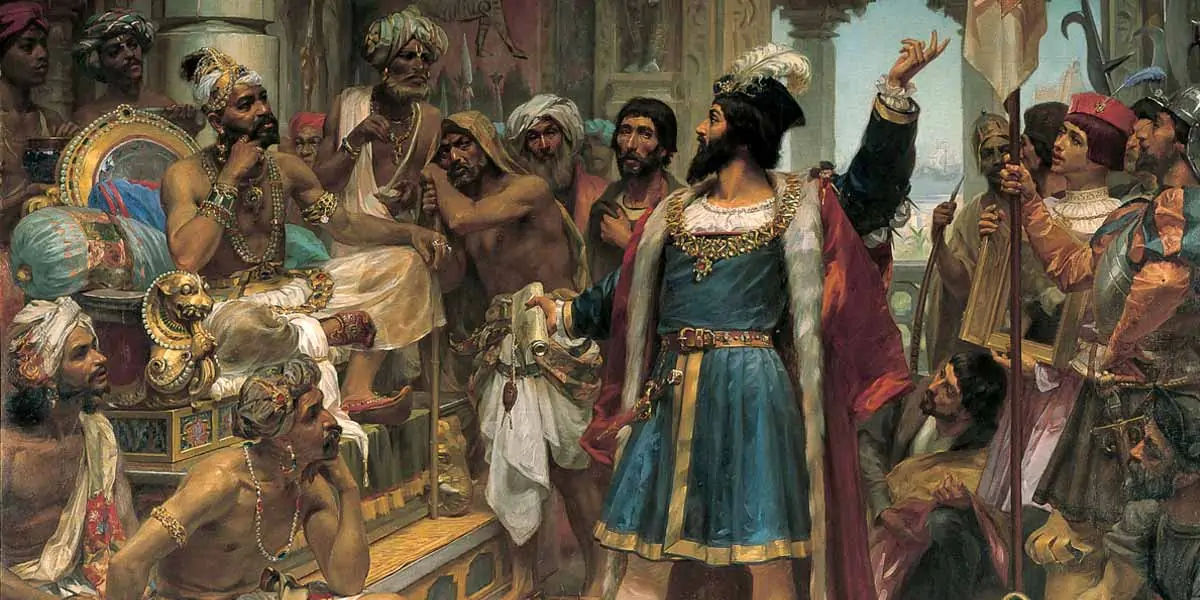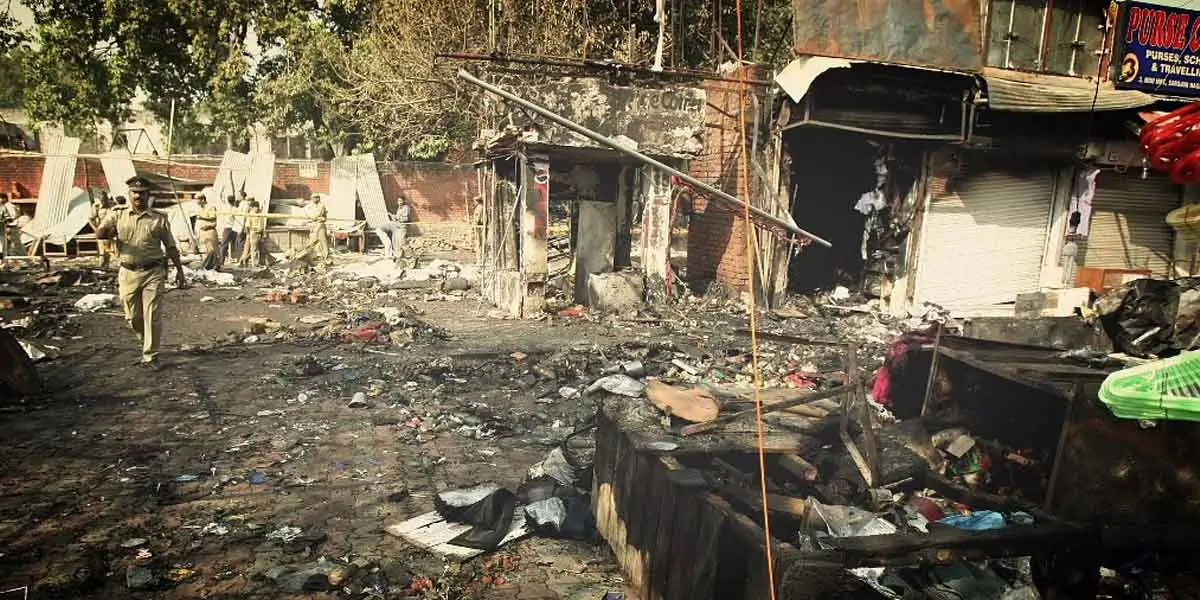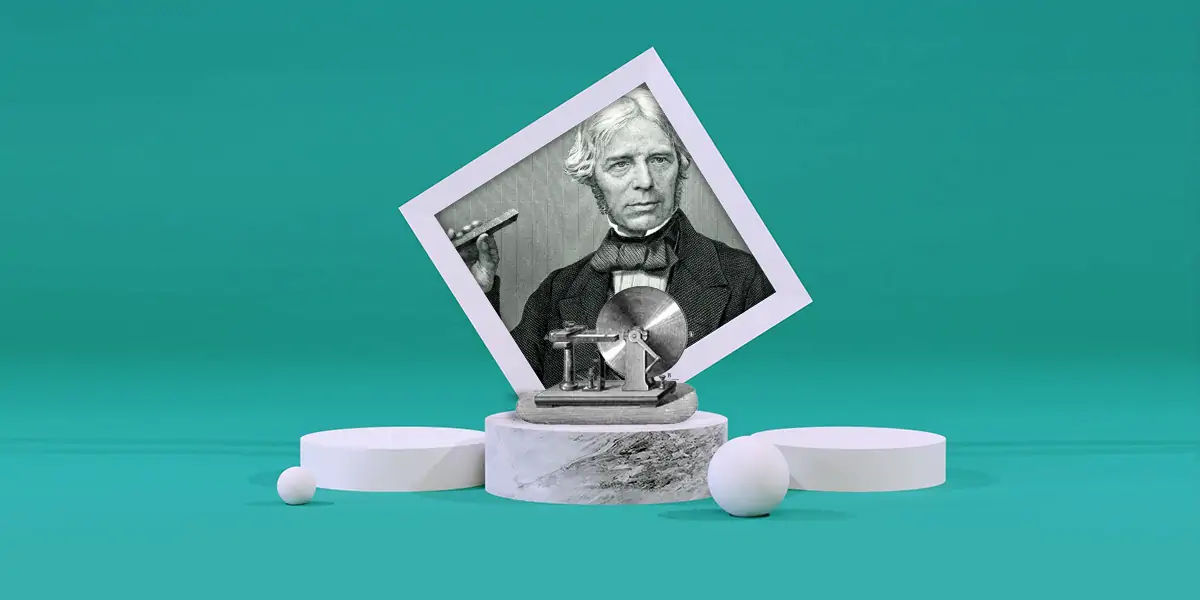Maxentius, Roman Emperor (306-312), drowns in 312 in the Battle of Milvian Bridge at the age of 34.

Maxentius, full name Marcus Aurelius Valerius Maxentius, was a Roman emperor who reigned from 306 to 312. In 305, his father, Emperor Maximian, abdicated alongside Diocletian. Maxentius was passed over in favour of Flavius Valerius Severus, who was made a caesar and then an augustus in the new tetrarchy established after these abdications (two augusti with a caesar under each). He drowned in the battle of Milvian Bridge and died in 312.
Related On This Day

Lala Lajpat Rai, an Indian freedom fighter, was injured in 1928 while organizing a quiet demonstration against a visiting British commission in Lahore.
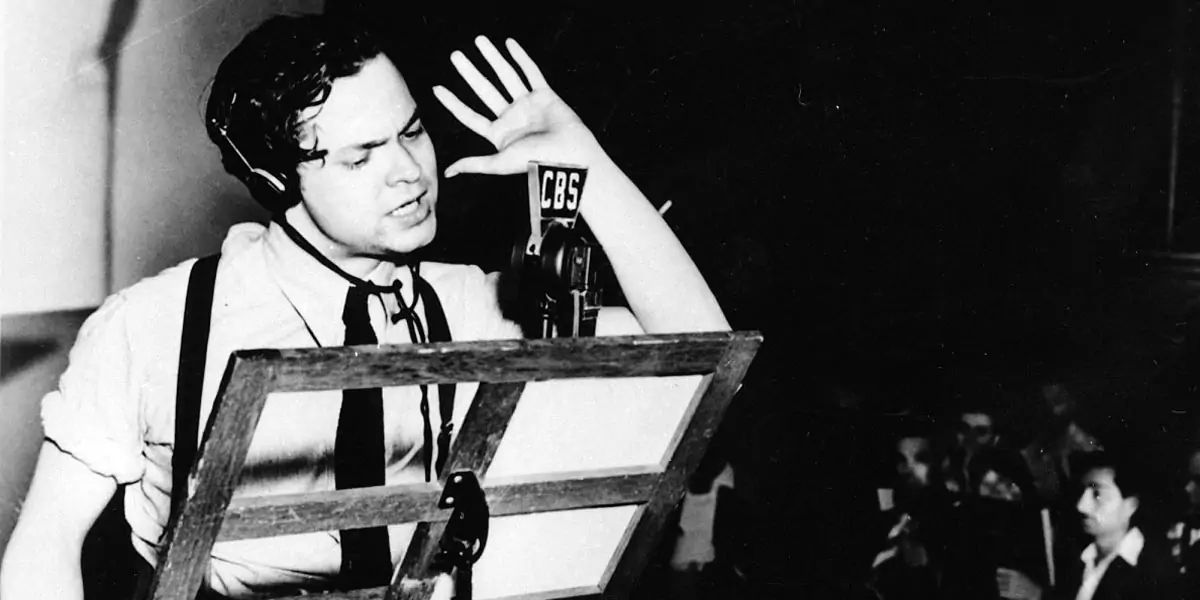
A radio broadcast of H. G. Wells' "The War of the Worlds," narrated by Orson Welles, supposedly sparks a worldwide panic in 1938.

Indra Nooyi, an Indian American entrepreneur and the CEO of PepsiCo, was born in Madras, India, in 1955.

Diego Maradona, an Argentine soccer forward, was born in Buenos Aires, Argentina in 1960.

On his 37th birthday in 1997, Argentine soccer great Diego Maradona announces his retirement from the game.
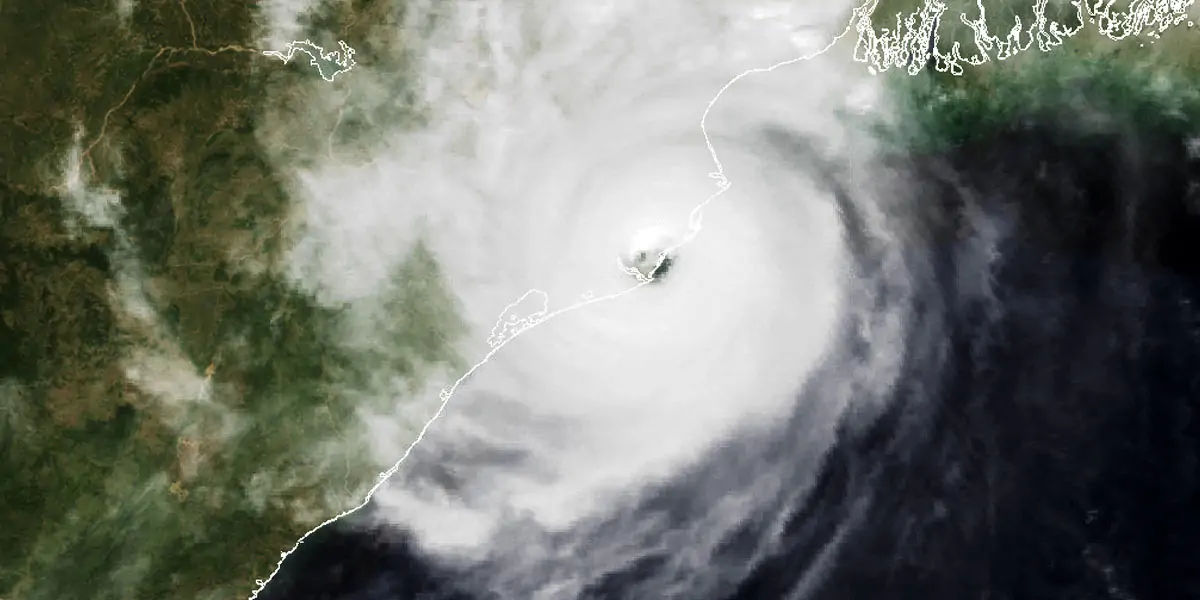
In 1999, the worst Indian Ocean tropical super cyclone strikes Odisha, India, killing 9,885 people and reaching wind speeds of 300 miles per hour.

In 2019, Kashmir formally loses its autonomous status, flag, and constitution as India reasserts federal sovereignty over the region, thus abolishing its statehood.
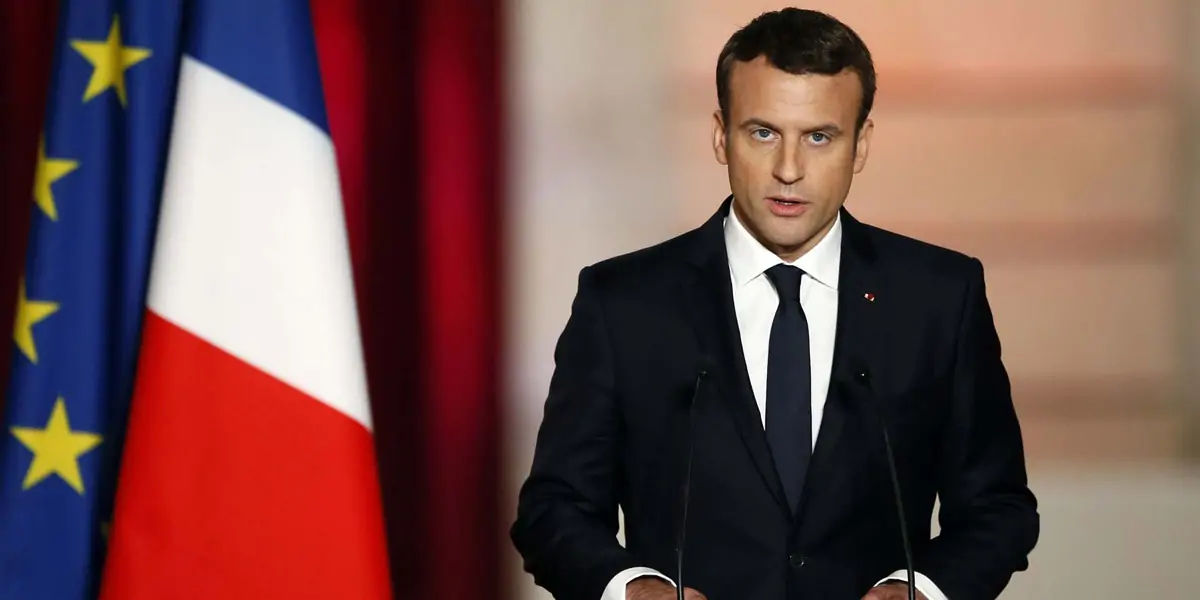
After a similar incident and President Macron's advocacy of the freedom to print caricatures of Prophet Muhammad, three people were stabbed to death in a church in Nice, France, in 2020.
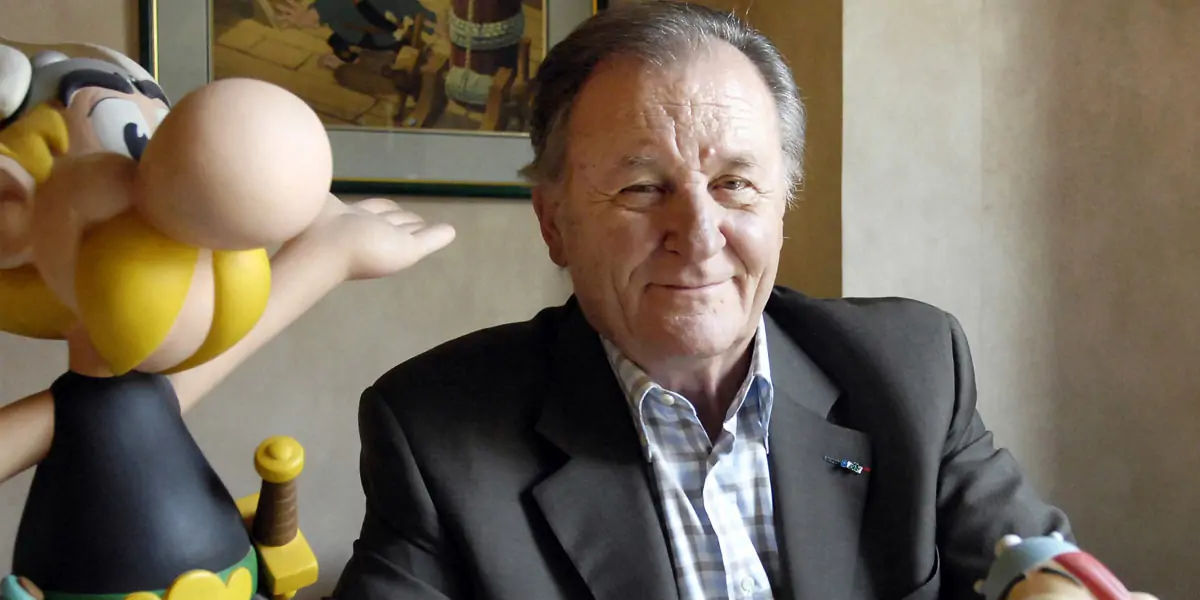
Rene Goscinny's "Asterix" is originally published in the French magazine "Pilote" in 1959, drawn by Albert Uderzo.
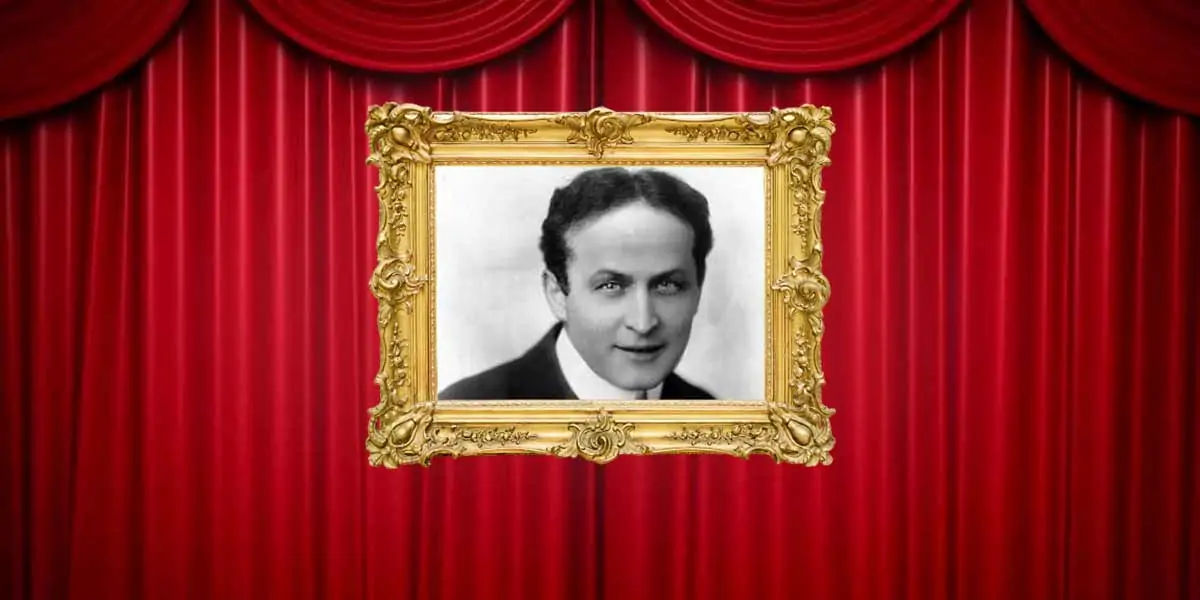
In 1926, magician Harry Houdini [Erich Weisz] dies in Detroit from gangrene and peritonitis caused by a burst appendix.
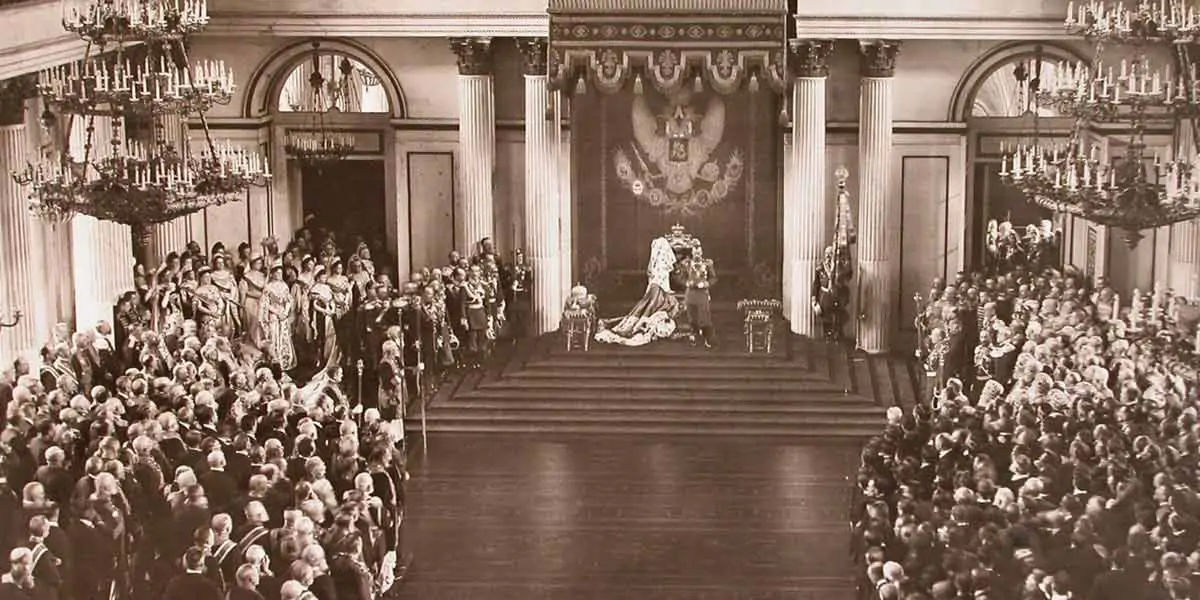
Tsar Nicholas II of Russia provides civil rights and approves the first Duma in the "October Manifesto" of 1905. (Parliament)

Christopher Columbus, the Italian adventurer and navigator who found the "New World" for Spain and launched European colonialism, was born in the Republic of Genoa on or around this day in 1451.





